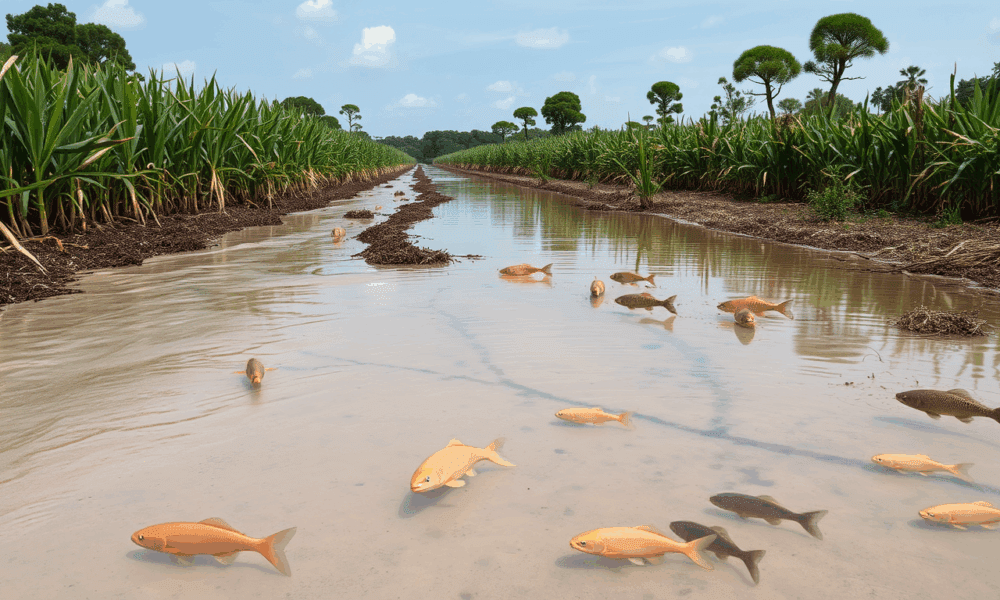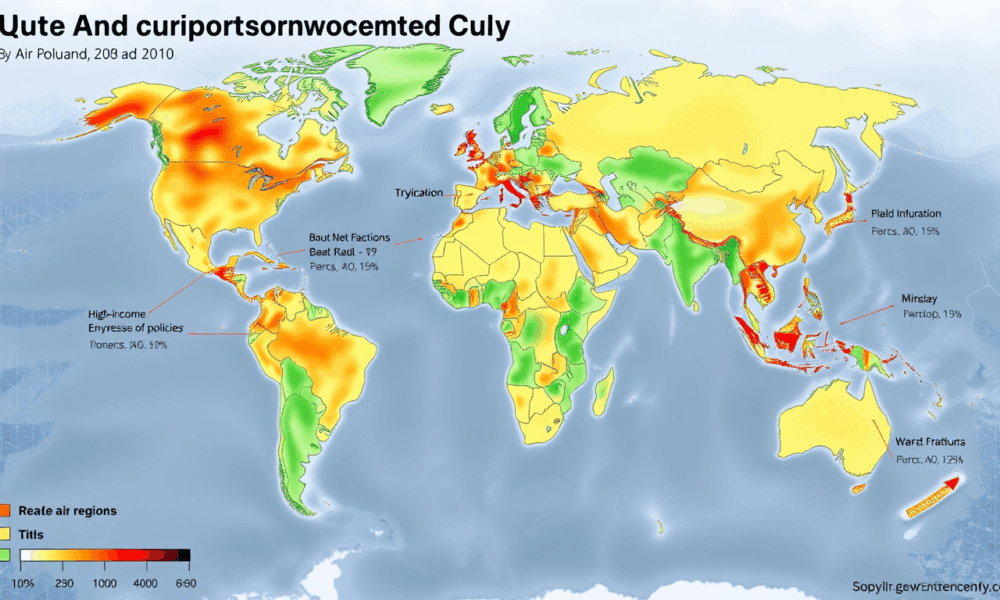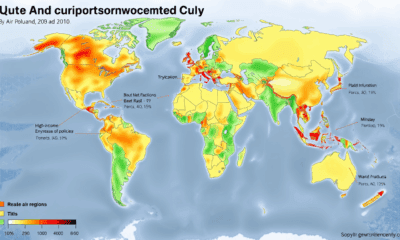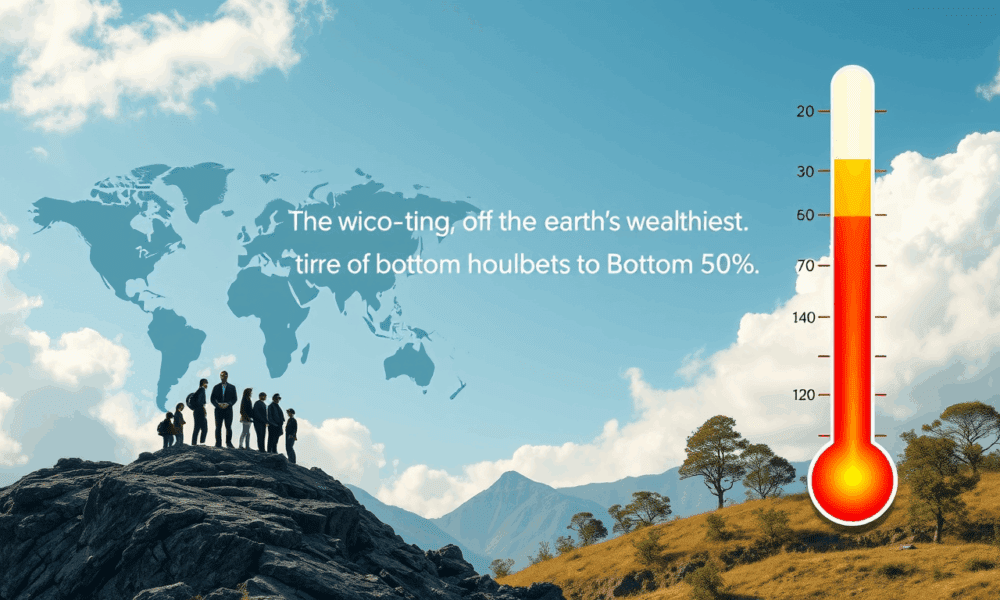


Researchers looked at PFAS serum concentrations in health care workers for the first time and were surprised by what they found.



A new analysis of a fatal landslide that occurred on 13 February 2024 at the pler Gold Mine in Turkiye reveals that the site of the...



Sulfur from sugarcane crops is flowing into wetlands in the Florida Everglades, creating toxic methylmercury, which accumulates in fish, a new study finds.



New report shows drastic decline in endangered primates and calls for conservation measures.



An edible robot leverages a combination of biodegradable fuel and surface tension to zip around the water's surface, creating a safe -- and nutritious -- alternative...



Scientists have launched an interactive global map to show the migratory patterns of more than 100 marine species in an effort to protect at-risk wildlife.



A new study of the 28 most populous U.S. cities finds that all are sinking to one degree or another. The cities include not just those...



Fishing pots fitted with LED lights catch significantly more shrimp and fish, new research shows.



In a sweeping new study of more than 13,000 urban areas worldwide, researchers have mapped air pollution levels and carbon dioxide emissions, providing comprehensive global analysis...



Wealthy individuals have a higher carbon footprint. A new study quantifies the climate outcomes of these inequalities. It finds that the world's wealthiest 10% are responsible...